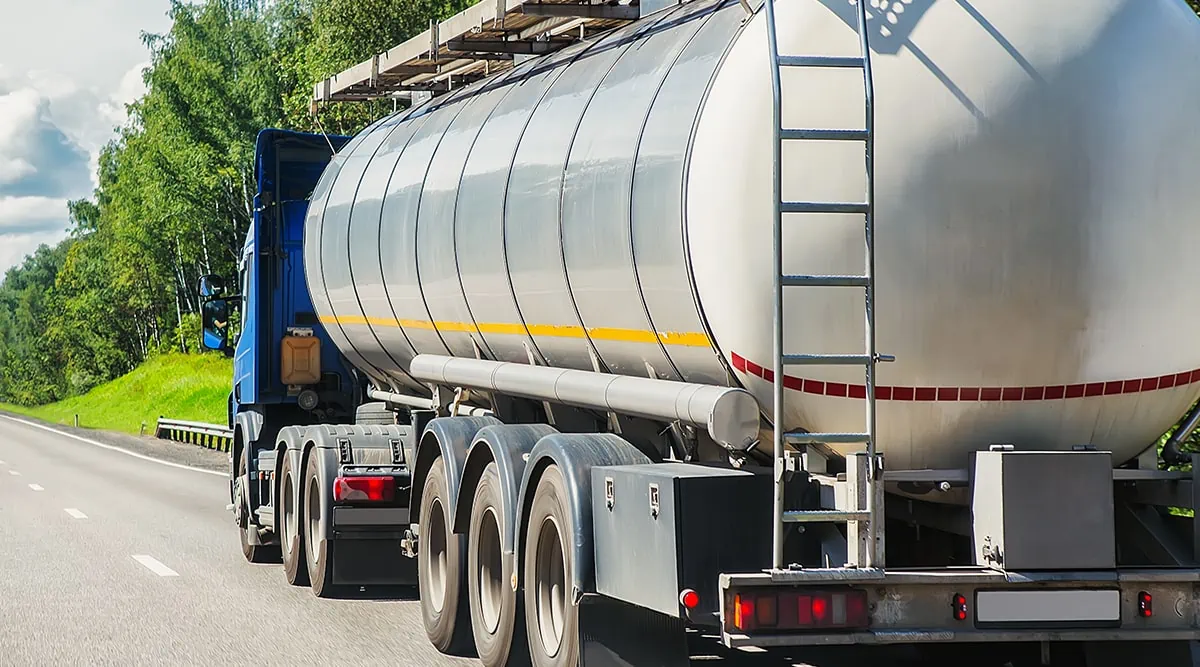Fascination About Reclaim Waste
Fascination About Reclaim Waste
Blog Article
Reclaim Waste Can Be Fun For Anyone
Table of ContentsThe Ultimate Guide To Reclaim WasteExamine This Report on Reclaim WasteThe 8-Minute Rule for Reclaim WasteAll About Reclaim WasteRumored Buzz on Reclaim Waste
Explore the types, occurrences, and kinds of liquid waste. Residential sewage waste describes the waste and items from a property septic system. This kind of waste is created by humans in residences, colleges, and other structures. This only consists of septic storage tanks that have a drain field. The correct monitoring and disposal of domestic sewer waste need fluid waste to be transferred to a sewage treatment plant where the proper methods and equipment are related to cleanse and dispose of waste.
Industrial waste frequently consists of potential dangers, such as flammable materials or a mixture of fluid and solid waste products, and requires an advanced and detailed disposal procedure. The disposal of industrial waste typically includes the filtering of waste prior to transport to ensure risk-free and appropriate disposal. Industrial waste is created from byproducts and overflow of commercial processes and manufacturing.
This sort of waste can not use the exact same sewer management transportation or processes as septic or commercial liquids. The industrial waste administration procedure needs the inspection and testing of liquid waste before it undertakes the disposal procedure (industrial wastewater treatment). Overflow waste is the fluid waste that comes from overflow and excess stormwater in extremely booming areas or cities
Runoff waste can cause contamination and flooding if not dealt with appropriately. Find out extra about sewage system cleansing and waste management. Making sure correct waste management can prevent disasters and decrease environmental damage. Both individuals in property setups and experts in industrial or production industries can take advantage of understanding the procedures and laws of fluid waste administration.
The smart Trick of Reclaim Waste That Nobody is Talking About
Contact PROS Services today to discover our waste administration and disposal solutions and the appropriate means to take care of the fluid waste you produce.
(https://www.pubpub.org/user/leon-aube)Do you understand what happens to your water when you draw the plug, flush the commode or drain pipes the washing equipment? No? Well, it's worth recognizing. This so-called 'wastewater' is not just a vital source however, after treatment, will be launched to our land, rivers or the ocean. Used water from toilets, showers, bathrooms, kitchen area sinks, laundries and commercial processes is recognized as wastewater.

water used to cool down equipment or clean plant and tools). Stormwater, a form of wastewater, is drainage that streams from farming and metropolitan areas such as roofs, parks, yards, roadways, courses and seamless gutters into stormwater drains pipes, after rainfall. Stormwater flows untreated directly to neighborhood creeks or rivers, eventually getting to the ocean.
See This Report on Reclaim Waste
In Queensland, the majority of wastewater is treated at sewer treatment plants. Wastewater is transferred from domestic or commercial sites through a system of sewage systems and pump stations, called sewage reticulation, to a sewage therapy plant. Regional federal governments build, preserve and operate most sewage treatment plants. Operators are certified under the Environmental Management Act 1994 to release treated wastewater at an acceptable environmental requirement right into waterways.
The Department of Natural Resources encourages city governments regarding managing, operating and preserving sewage systems and therapy plants. In unsewered areas, local governments may need homeowners to mount individual or home sewage therapy systems to deal with domestic wastewater from commodes, kitchen areas, shower rooms and laundries. The Department of Natural Resources authorizes making use of house systems when they are confirmed to be reliable.
In some new neighborhoods, therapy of some stormwater to remove clutter, sand and gravel has actually started making use of gross contaminant catches. Wastewater treatment takes place in four phases: Gets rid of solid issue.
Wastewater after that streams into large storage tanks where solids resolve and are eliminated as sludge. Grease and residue are skimmed from the surface. Makes use of tiny living organisms referred to as micro-organisms to damage down and remove remaining dissolved wastes and fine particles. Micro-organisms and wastes are integrated in the sludge. Removes nitrogen and phosphorus nutrients that might the original source create algal flowers in our rivers and endanger marine life.
Reclaim Waste Can Be Fun For Everyone
Nutrient elimination is not available at all sewage therapy plants since it needs pricey specialist devices. Clear liquid effluent generated after therapy may still consist of disease-causing micro-organisms - liquid waste removal melbourne.

This normally suggests wastewater needs to be treated or impurities removed prior to it can be discharged to rivers. The majority of wastewater streams right into the sewerage system. Under the Act, city governments carry out approvals and permits for ecologically appropriate activities (Periods) entailing wastewater releases that may have a regional impact. The department carries out authorizations and permits to Periods including wastewater launches that could have a regional or statewide influence.
More About Reclaim Waste
Or else, samples are considered lab evaluation. Frequently several tests are required to develop the degrees of each of the various toxins such as oils, hefty steels and pesticides in water. Monitoring supplies accurate details about water quality and can verify that permit conditions are being satisfied. The information gotten with surveillance provides the basis for making water high quality choices.
Report this page